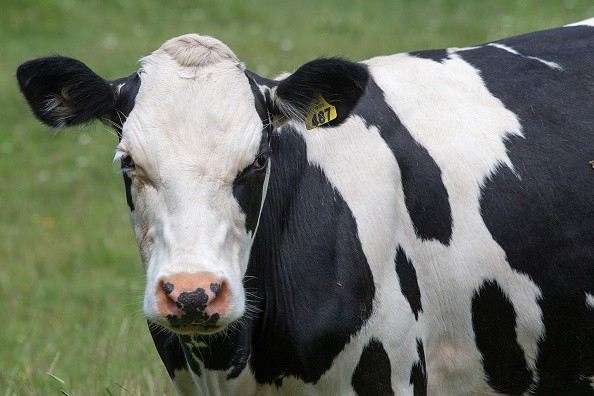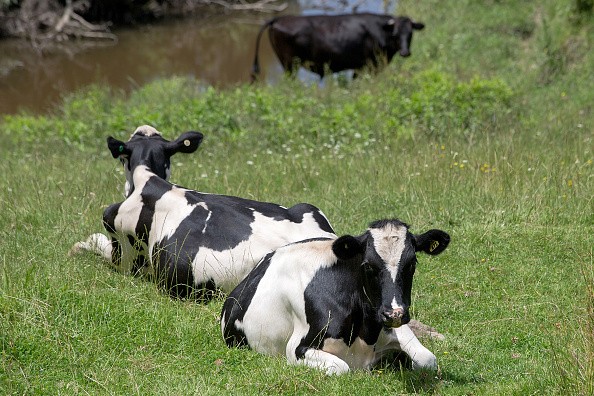A small amount of seaweed in cattle feed could lessen carbon emissions from beef cattle by almost 82%, based on the new findings from scientists at Davis, University of California. The outcomes, released in the PLOS ONE journal, could lead to sustainable livestock production around the world.

Seaweed in Cattle Feeds
Professor and Sesnon Endowed Chair of the Department of Animal Science and director of the World Food Center, Ermias Kebreab said they now have good proof that seaweed in cattle feeds are productive at lessening carbon dioxide and that the efficiency does not reduce over time. Kebreab carried out the study together with Breanna Roque, his Ph.D. graduate student.
Roque said the experiment could assist farmers to continually produce the dairy and beef products needed to feed the world. The last summer, throughout the course of five months, Kebreab and Roque added insufficient amounts of fertilizer to the feed of 21 beef cattle and recorded their weight increase and carbon emissions.
Cattle that took shots of about 3 ounces (80 grams) of seaweed picked up as much weight as their flock mates while ejecting out 82 percent less carbon into the sky. Kebreab and Roque are adding dairy cattle to their earlier work, which was the first experiment published in the world that made use of seaweed in cattle.
Read More: The Beef Burden: How Cows Greatly Hurt the Environment
Cause of Climate Change
Greenhouse gases are the main cause of climate change, and carbon is a strong greenhouse gas. What is to be held accountable for 10 percent of greenhouse gas emissions in the United States is Agriculture, and half of those greenhouse gas emissions come from cows and other ruminant animals like goats, cattle, and antelope that emit carbon and other gases during the day as they take in feeds like hay and grass.
Because cattle are the greenhouse gases top agricultural source, most have advocated that people should eat less meat in order to help control change in the climate. Instead, Kebreab turns to cattle nutrition.
Seaweeds and Digestive System of Cows
Kebreab and Roque in 2018 were able to lessen carbon emissions from creamery cows by more than 50 percent by adding seaweed to their feed for two weeks. The seaweeds stop an enzyme in the digestive system of cows that contributes to the production of carbon.
In the recent finding, Kebreab and Roque experimented whether those devaluations were endurable over time by giving cows a portion of seaweed for five months, every day, from when they were young on the range till their later days in the feed yard.

Cows Feed on Snacks
The cows feed on snacks from an open-air device that measured the carbon in their breath four times per day. The outcomes were clear. Cattle that ingested seaweed discharged much less carbon, and there was no decrease in efficiency over time.
Kebreab and Roque joined efforts with an Australian federal scientific agency known as the Commonwealth Scientific and Industrial Research Organization, Meat and Livestock Australia, Blue Ocean Barns, and James Cook University in Australia.
For more news, updates about cattles and similar topics don't forget to follow Nature World News!
© 2025 NatureWorldNews.com All rights reserved. Do not reproduce without permission.





